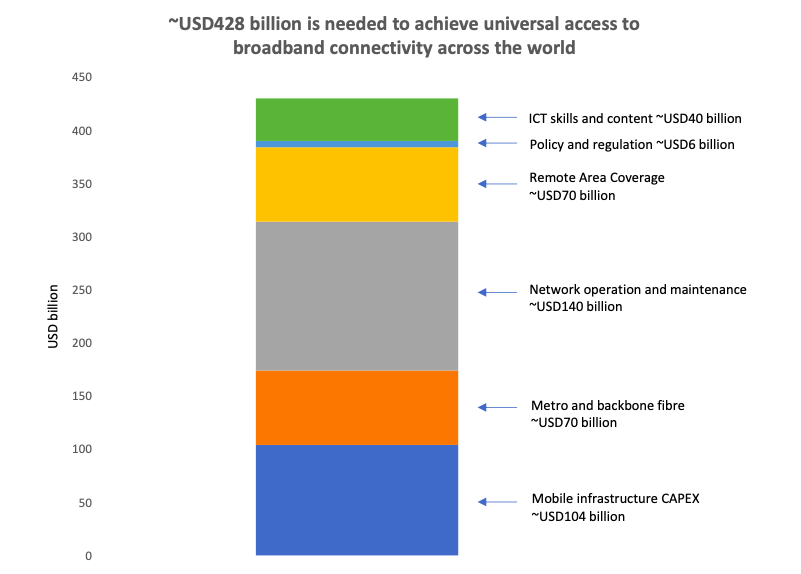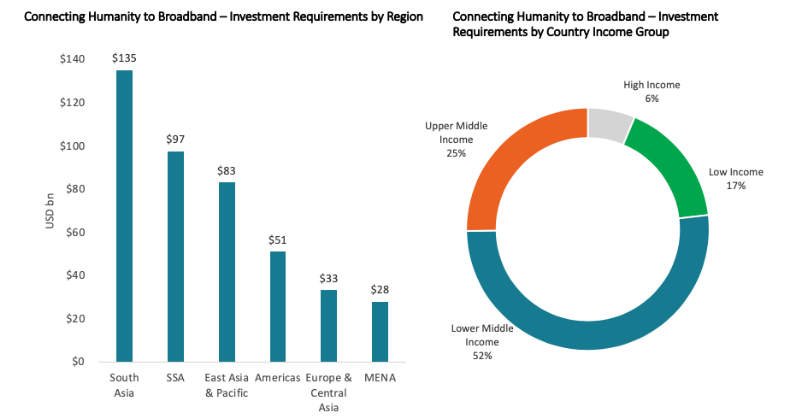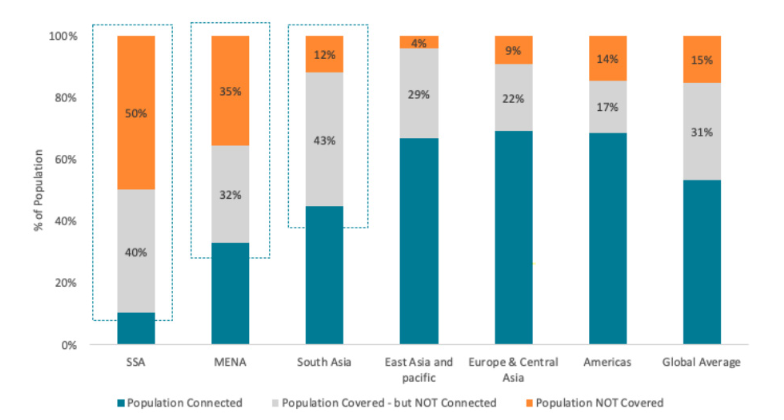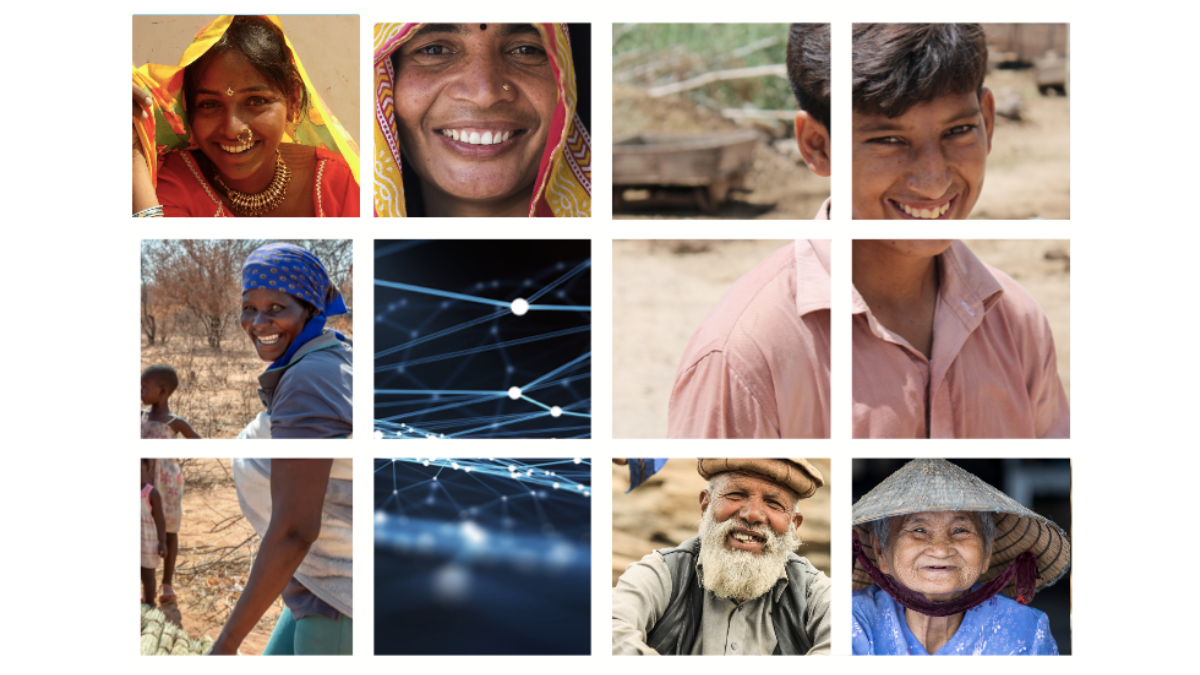This post was written by Maiko Nakagaki, Senior Strategic Partnerships Manager. Follow Maiko on Twitter @mn1207.
At A4AI, we’re committed to collaborating with global partners to move the needle closer to universal affordable access and meaningful connectivity. As part of these efforts, we joined the World Bank last year to advocate for the $100+ billion investment needed to connect everyone on the continent of Africa by 2030.
While improving connectivity in Africa is a significant piece of the puzzle to secure internet access for all, the Covid-19 pandemic has shown us that action is needed across the globe to speed up progress and bring everyone online — from the US to Colombia to Indonesia and beyond. We must work urgently to connect the nearly 4 billion people still offline.
What will it take to connect everyone in the world to the internet by 2030?
To answer this question, we partnered with the International Telecommunications Union (ITU) for the new report, Connecting Humanity – Assessing investment needs of connecting humanity to the Internet by 2030.
Our research revealed that nearly $428 billion will be required to achieve universal connectivity to quality broadband internet in the next ten years. Internet infrastructure will require a major portion of the investment, with remaining funds dedicated to policy development and regulatory reform and digital skills training and local content production.
Investment Needed to Achieve Universal Access to Broadband Connectivity by 2030

The top 25 countries in need of investment account for nearly 75% of required funding — and are mostly low and lower-middle income countries in Sub-Saharan Africa, East Asia/Pacific and South Asia.
Investment Needed by Regions and Income Groups

SSA (Sub-Saharan Africa) and MENA (Middle East and North Africa)
While investment in infrastructure is essential, 85% of the global population is already covered by global broadband networks, and around 70% of the unconnected population are within an area of 4G coverage.
4G Coverage of Population by Region (2019)

That means it isn’t just a scarcity of internet infrastructure that keeps the majority of those unconnected offline. Other reasons include that access is too expensive, people don’t have the digital skills they need to benefit from internet use, and there’s often a lack of relevant, local content to engage people online.
To achieve meaningful connectivity for all, we must also dedicate funds to enhancing internet affordability, bringing down the cost of mobile devices, and providing digital skills training and local content with a focus on closing the digital gender divide.
Connecting everyone on earth is a daunting endeavor that no one can undertake alone. We look forward to continuing our work with national, regional, and international partners to make universal access and meaningful connectivity a reality for all.
To learn more about what we must do to connect all of humanity, read the full report.
For more updates on our work, follow us on Twitter at @A4A_Internet and sign up to our newsletter.
Leave a Reply

